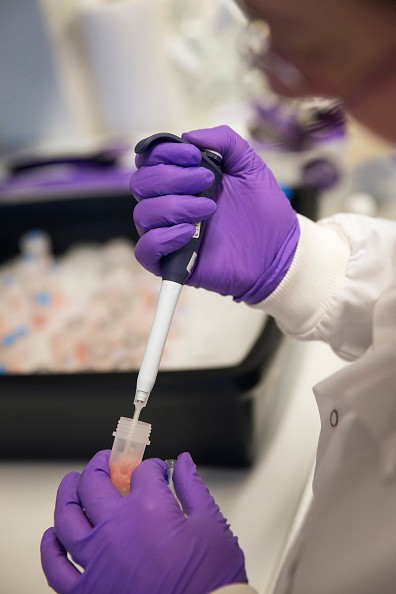
About 19% of diagnosed cancers are occurring in people who already had and survived a different type of cancer. These "second cancers" are a different site or tissue type than the first cancer. In the 1970s, about 9% of all cancers were second cancers; the percentage has more than doubled.
Some of this increase is due to the success of cancer treatment. Because of better and earlier diagnoses, better treatment, and better support, more people are surviving an initial case of cancer, which means that they are alive long enough to develop a second cancer and that the population of cancer survivors has increased. Some second cancers are due to the same risk factors (such as smoking) that gave rise to the first one.
However, some second cancers may be due to the treatment for the first cancer. Radiation treatments and some types of chemotherapy can cause gene damage that can give rise to another cancer. The risk of cancer treatment causing a later, second cancer is low, but it exists.
Adults who were successfully treated for cancer as a child may be likely to have a second cancer because they live longer after their cancer treatment. The most common second cancers in adult survivors of childhood cancer include skin cancer, breast cancer, cancer of the central nervous system, and thyroid cancer.
Second cancers that occur in people who developed cancer as an adult have more complex causes. Radiation treatment may account for 10% of second cancers, but factors such as environmental exposures, lifestyle factors, and genetic susceptibility all play a role. Bladder cancer and lung cancer are both strongly linked to smoking, to give one example. Ovarian, uterine, or breast cancers may occur in a woman because of both hormonal and genetic factors.
Genomic studies are underway to find genetic associations in second cancers. Studies of large populations of cancer survivors will be needed to help determine which survivors of a first cancer are at greater risk for a second cancer based on their treatment, other cancer risk factors, or genetic susceptibilities.
You can read a report on second cancers here.

